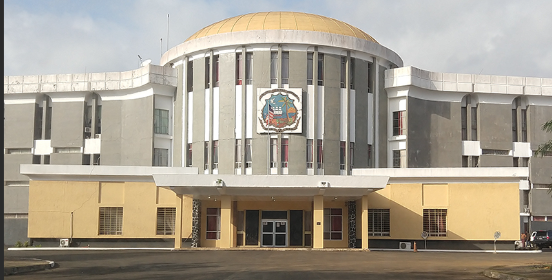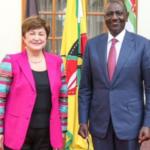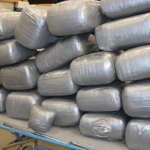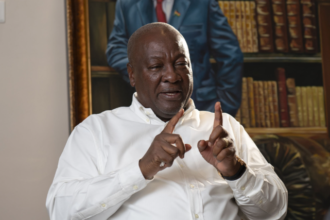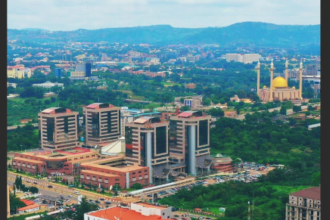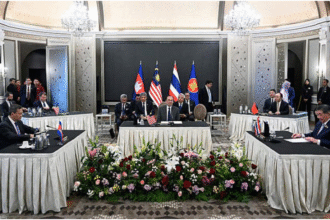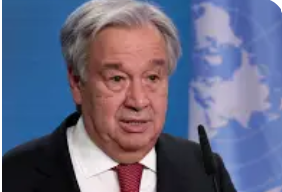Monrovia, Liberia – A deepening power struggle within the Liberian legislature is casting a shadow of uncertainty over the nation’s economic future, dampening investor confidence and potentially hindering crucial development projects. The ongoing dispute, which centers around the speakership and control of key leadership positions and committee assignments, has paralyzed parliamentary proceedings and raised concerns about the government’s ability to effectively address pressing economic challenges.
While specific details of the conflict remain shrouded in political maneuvering, insiders point to a growing rift between the ruling coalition, led by the ruling Unity Party, and the opposition bloc. The stalemate has reportedly delayed the passage of crucial legislation, including amendments to existing investment laws and the ratification of international agreements aimed at attracting foreign capital.
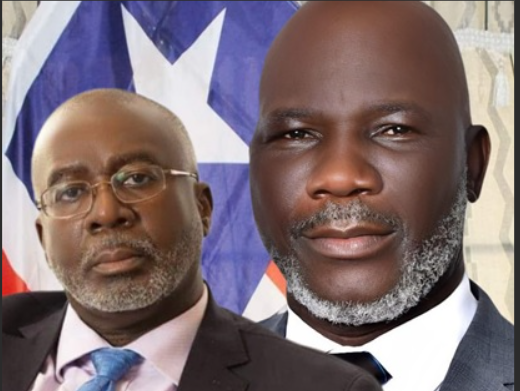
“Investors crave stability and predictability,” said Jones N. Williams, a prominent public philosopher and public policy professional. “The current power struggle sends the wrong message. It suggests that Liberia’s legislative processes are vulnerable to political gridlock, making long-term investment decisions a risky proposition.”
The uncertainty comes at a critical time for Liberia, which is heavily reliant on foreign investment to drive economic growth and alleviate poverty. The country is still recovering from the devastating effects of the Ebola epidemic and civil war, and relies on international partnerships to develop its infrastructure and natural resources.
Industry analysts have warned that the legislative impasse could lead to a slowdown in new projects and a re-evaluation of existing investments. Specific sectors particularly vulnerable include mining, agriculture, and infrastructure development.
“We are monitoring the situation closely,” stated a representative of a leading international mining company operating in Liberia, who requested anonymity. “The current instability is a major concern. We need assurance that the government can effectively implement its policies and ensure a stable regulatory environment.”
The Liberian business community has also expressed growing unease, with the Liberia Chamber of Commerce issuing a statement calling for a swift resolution to the power struggle. They warned that prolonged political instability could have dire consequences for job creation and economic opportunities, particularly for young Liberians.
President Boakai’s administration has attempted to mediate the dispute, but efforts to broker a compromise have so far proved unsuccessful. With no clear end in sight, the ongoing turmoil in the legislature poses a significant threat to Liberia’s economic prospects and its ability to attract much-needed foreign investment. The international community is watching closely, hoping for a swift resolution that allows Liberia to regain its footing and focus on building a more prosperous future for its citizens.


